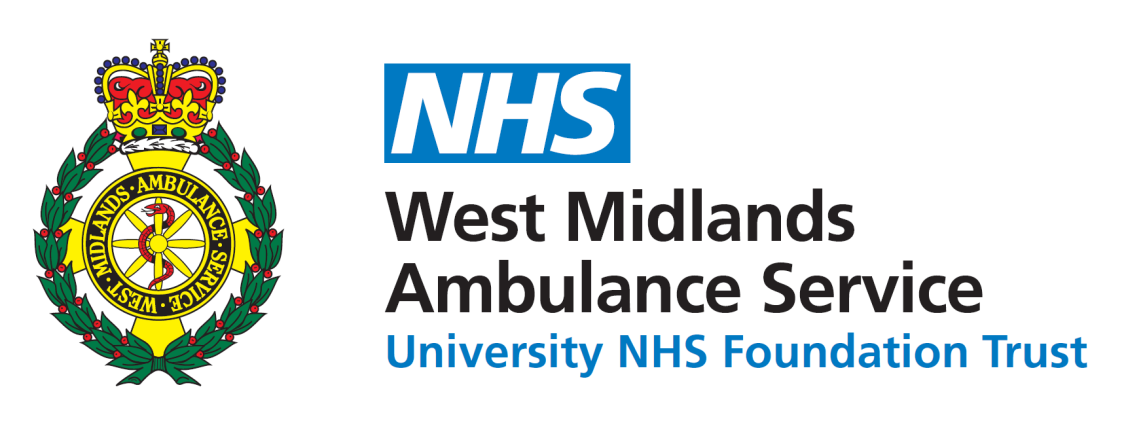Elizabeth Sapey is a FLIER participant and Professor of Acute and Respiratory Medicine at the University of Birmingham.
Q: What issue in health research do you want to take on and why?
A: Emergency hospital admissions are rising, placing an unprecedented, catastrophic burden on NHS services. In acute internal medicine (AIM), we provide early specialist management of patients who present to hospitals, but nationally, AIM teams are struggling to care for the numbers of patients attending hospital. There is little academic research in acute medicine, and there’s a lack of joined up data of sufficient scale and quality to explore challenges and develop solutions. I would like to help build more resilient acute health services by bringing health care data together across primary, ambulance and secondary care, and making this both discoverable and of high quality. Then we can develop a capacity and capability programme around acute care research.
Q: What have you learnt on the FLIER programme and how are you putting it into practice?
A: Hospital life is pretty relentless at the moment. As a result of the COVID-19 pandemic, I have not been able to participate in FLIER fully due to ‘front door’ hospital pressures, so my reflections on FLIER include those parts I have been able to take part in.
What I have learned is how to build and sustain teams, how to operate with uncertainty and how to influence beyond my expertise. I’m also learning how to delegate, but I’m still working on that one.
Q: What have you done differently as a result of FLIER?
A: I have been braver and unafraid to say yes to opportunities or to say no when I really cannot contribute. I have also recognised that asking for support is fundamental to progress.
Q: What advice would you give to your younger self?
A: You can make a difference – so keep going!
Q: What are your hopes for the future in your work?
A: I want to help build a connected workforce that works across specialty or domain silos and is able to collaboratively tackle the challenges that we face.

The Academy of Medical Sciences’ FLIER programme is developing leaders of the future who can create collaborations across academia, industry, the NHS and government to drive innovation.
The FLIER – Future Leaders in Innovation, Enterprise and Research – programme has been designed for people working in the life sciences sector and managing projects or teams, who increasingly undertake interdisciplinary working.
The programme is equipping these emerging leaders with skills to help solve the biggest health challenges we will face, and enabling them to seize opportunities afforded to us by new discoveries in science, technology and medicine.




